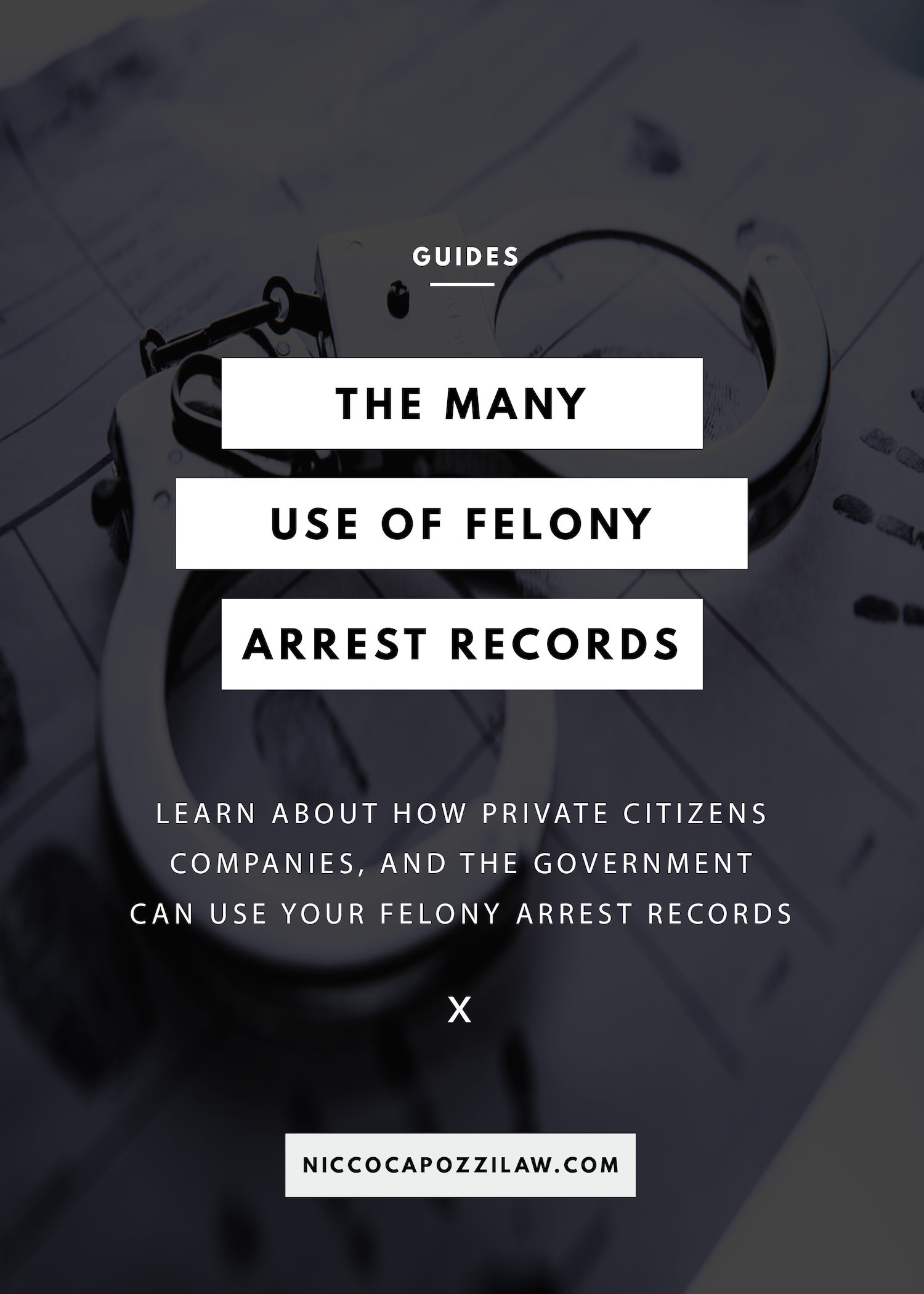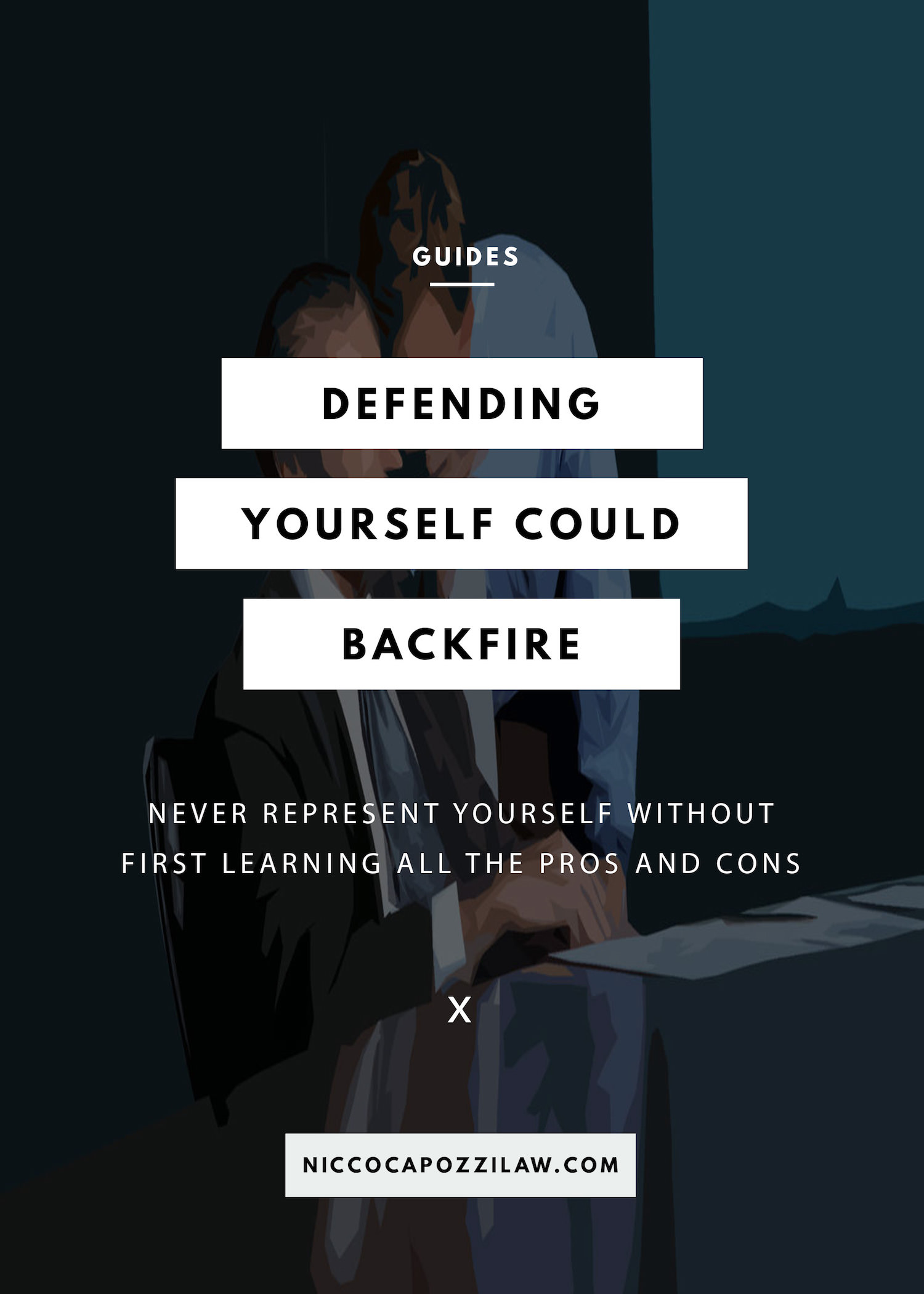A restraining order, also called a protection or protective order, is a legally binding order issued by a judge that restrains a person's actions regarding another person. A domestic violence restraining order typically prohibits a person from contacting, attempting to contact, harassing, threatening or harming another person. Harm can refer to physical, emotional and psychological harm.
What the Law Says About Impaired Driving
Nearly 10,000 people in the United States were killed in alcohol-related driving accidents in 2014. And these deaths accounted for 31 percent of all traffic-related fatalities in the U.S. that year. Despite the devastating consequences, drinking and driving continues to be a serious problem.
A personal reflection on today's events
What You Need to Know About Bullying and Cyberbullying
What does resisting arrest mean?
The charge of resisting arrest has received increased attention in recent years due to multiple controversial encounters between police and citizens, such as the Freddie Gray case. But what exactly does "resisting arrest" mean, and are there ways to avoid the charges?
How mistrials work in our court system
The average American likely hears about mistrials via courtroom dramas (both real and fictitious) on television, but do they fully understand the situation and what can cause it? Here's a look at the mistrial process and how it can affect a court case.
What happens if you can't pay a ticket?
Suddenly seeing the flashing lights of law enforcement in your rearview mirror can be alarming, and so can the cost of ensuing fines or tickets. A traffic ticket could be as low as $100 while some can reach as much as $5000 depending on the state and charge.
What constitutes harassment?
Physical threats, off-color jokes at the water cooler, unwelcome sexual advances -- all of this conduct may be considered harassment under certain conditions. The law provides the most protection for citizens at the state level, which means harassment laws vary depending on your location. Here's a look at some of the behaviors that the law recognizes as harassment.
When you can face legal trouble for your child's actions
Parenthood -- it can be one of life's hardest and most rewarding jobs. Unfortunately, it can become even harder if a child ends up in legal trouble. What many parents don't realize is that a juvenile's legal issues can also involve the guardians; depending on the state, a parent can be held civilly or even criminally liable for the actions of a child under the age of 18.






